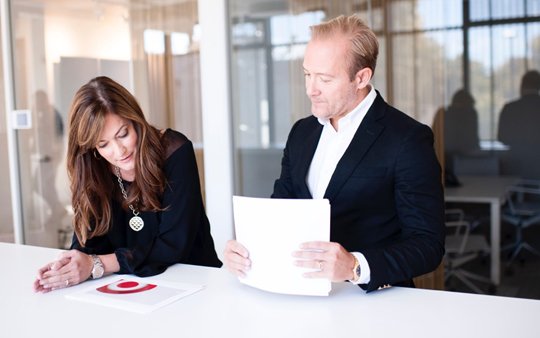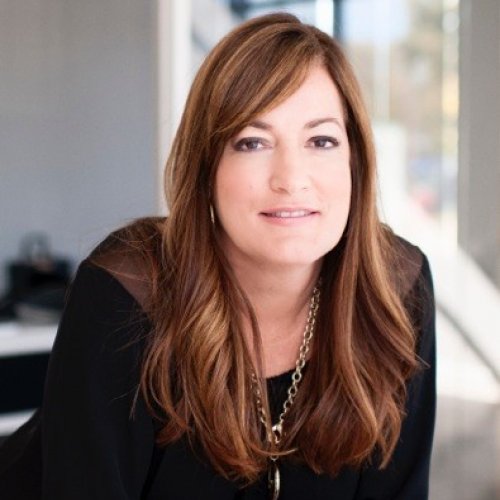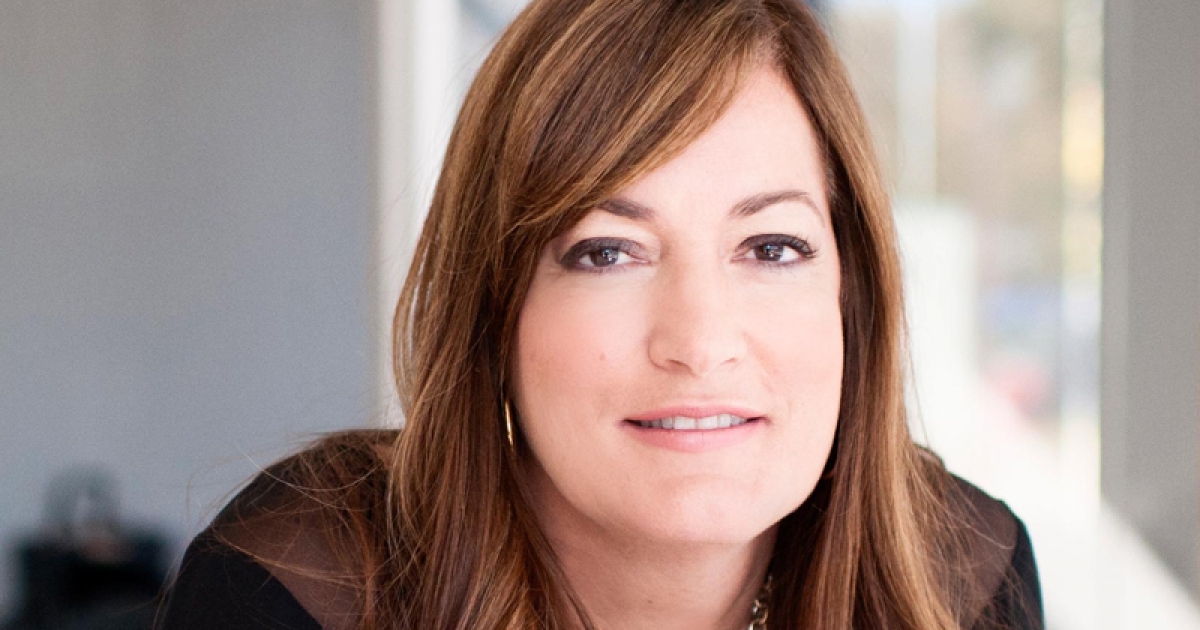“Asking for Help Is a Sign of Strength”
Q: Lili, if you were to describe yourself in 150 words, what would you say?
A: I am a glass-half-full person who believes that the more you open yourself to the world – whether it’s travelling to learn more, or going outside your comfort zone to know someone you’d never meet otherwise, or giving someone with an entirely different opinion the chance to explain their point of view– the more opportunity you’ll have to find that we all have more in common than not. And that is the place that I start from, whether it’s with friends and
family, or if I’m trying to solve a business challenge – opening my mind and listening is what I do. And because of this, I’m always learning. Or, at least, trying to!
Q: How did you get where you are today, and did anyone (or something) help you along the way?
A: My family history has always inspired me and my choices. My father grew up poor, and he actually ran away from home to join the Navy to escape that poverty. He was a big dreamer and a serial entrepreneur. My mother was an immigrant whose circumstances prevented her from achieving the career she always wanted. When I was young, I didn’t understand why she was always so adamant that I should get an education, that I should ensure my own financial independence. I didn’t figure out until my late twenties what she was up to– she was making sure I had options that she did not.
Q: Tell me about a project or accomplishment that you consider to be the most significant in your career.
A: One of the most significant accomplishments happened very early in my career. My first job after college was an internship with a designer in New York. I was clearly at the bottom of the food chain and barely making any money –certainly not enough to live in NYC. At the time, I was shocked at how I was treated, and it was incredibly humbling. But I survived. I chose not to quit because I needed that job to stay in that city, which I was committed to. And I promised myself, from that time on, that I would never, ever subject anyone to anything less than full respect. That shaped me for every job going forward.
"Never subject anyone to anything less than full respect"
Q: What do you think is the most significant barrier to female leadership?
A: If you are a business owner, the challenge is access to the networks that get you the resources and opportunities every business needs. And if you’re within an organisation, it’s finding good sponsorship within your company – that’s key to individual success.
Q: What are the most important learnings for you in leadership, entrepreneurship and mentoring others?
A: The most important thing I’ve learned is that asking for help is a sign of strength, not weakness. It’s something that took me years to accept, and now it’s the first advice I would give anyone starting out in their career.
Q: How do you define success?
A: I’m still working on that one! But I know it’s not just about money. There’s a lot about feeling good about the work you do and making a good impact on the world that is satisfying and rewarding to me.
Q: What advice would you give to younger women who want to succeed in the workplace?
A: Again, accept help when it’s offered, and don’t be afraid to ask for it if it’s not.

Q: It seems that trust and confidence are waning between our societies and its thought leaders. What is your view?
A: I think that it’s hard to respect people who take advantage of being in a position of power, and we have been seeing that everywhere from the national news to even leaders in our respective communities. Over time people grow to mistrust promises made to them. I think we are all looking for leaders who walk the walk. They’re out there! We just need to focus more on those leaders.
Q: What is a major challenge for our world?
A: Poverty. With all the wealth in the world, there are still people without food, water, shelter, education. I believe there’s no reason we cannot fix this.
Q: What makes a Global Thinker?
A: Being open-minded and always curious. My mother’s dinner table was like the United Nations – always filled with people from different cultures, sharing what they had in common. These people were global thinkers, sharing and conversing, and enjoying music and food and the company. They showed me how listening to other points of view can give you a mindset that understands how different cultures come at problems in different and very useful ways.

Lili Hall
Founder & CEO, Knock
Lili Hall is founder and CEO of KNOCK, inc., leading with acute insight into brand development on a global scale.
She founded KNOCK in 2001 with a commitment to impeccable client service and nimble response to new opportunities. In conjunction with two sister companies—TREAT & COMPANY and Neighbor—Hall’s teams create impactful, effective work for national and international brands. Named one of EY’s Entrepreneurial Winning Women, Hall measures her success not only in the culture, growth and profitability of her companies but also in the impact they make on communities both locally and around the world.
Published: 20/10/2017


